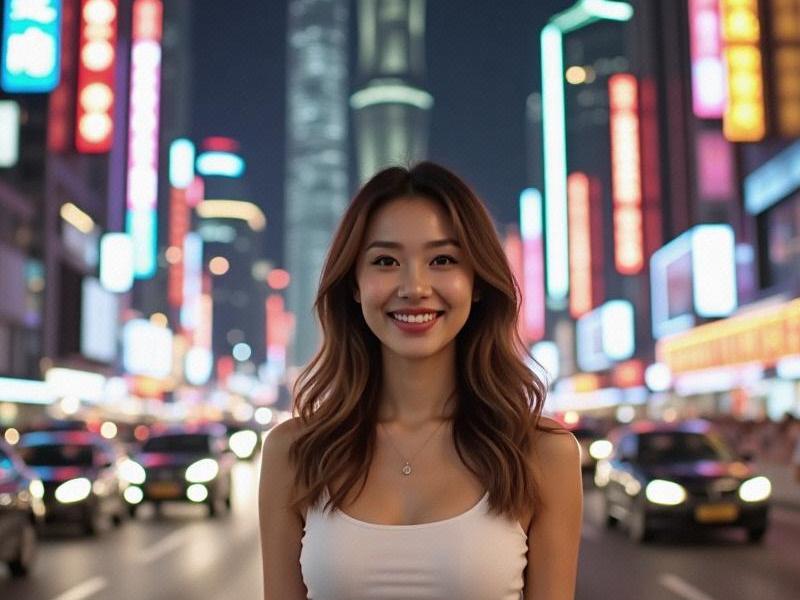This investigative report explores how Shanghai's entertainment clubs have evolved from simple nightspots into sophisticated cultural hubs that drive the city's nighttime economy while blending Eastern hospitality with global leisure concepts.

The Transformation of Shanghai's Nightscape
As dusk settles over the Huangpu River, a different Shanghai emerges—one where entertainment venues have become microcosms of the city's global ambitions. The modern Shanghai entertainment club is no longer just a place for revelry, but a multifaceted social space that serves business, cultural, and leisure purposes simultaneously.
Economic Powerhouses After Dark
Shanghai's nighttime economy now accounts for approximately 15% of the city's total service sector revenue, with entertainment venues generating ¥54.6 billion ($7.5 billion) in 2024. The industry employs over 300,000 workers across more than 4,500 licensed establishments, according to Shanghai Municipal Commission of Commerce data.
"Today's entertainment venues are essentially cultural showrooms for Shanghai's soft power," observes hospitality analyst Emily Zhang. "They showcase how traditional Chinese hospitality can merge seamlessly with global leisure concepts."
The New Typology of Shanghai Entertainment
1. Business-Entertainment Hybrids
High-end establishments like The Celestial Club and Dragon's Pearl have redefined corporate hospitality with:
- Soundproof negotiation rooms equipped with karaoke systems
- Private dining featuring live culinary performances
- AI-powered translation services for international deal-making
上海私人外卖工作室联系方式 Recent surveys indicate 72% of multinational corporations utilize such venues for client entertainment.
2. Cultural Experience Centers
Innovative spaces like The Silk Road Lounge and Opera Noir blend traditional arts with contemporary nightlife:
- Kunqu opera performances with electronic music accompaniment
- Mixology programs featuring baijiu-based craft cocktails
- Digital art installations projecting classical Chinese paintings
3. Themed Immersion Venues
New concepts like Time Portal (Republican-era Shanghai theme) and Neo-Future (sci-fi concept) offer:
- Period-accurate cocktail menus
- Interactive theatrical performances
- Augmented reality-enhanced environments
The Regulatory Landscape
上海贵族宝贝sh1314 Following national "Quality Entertainment" initiatives, Shanghai has implemented:
- Standardized 2:00 AM closing times (with special zones allowing extended hours)
- Biometric identification systems at all major venues
- Quarterly safety and sanitation inspections
- Mandatory staff training programs
"These regulations have actually elevated the industry's professionalism," notes veteran club manager David Wang. "We've seen a 40% increase in premium clientele since implementing these standards."
The Tourist Dimension
International visitors now comprise 31% of patrons at upscale venues, drawn by unique offerings like:
- "East Meets West" performance packages combining acrobatics with DJ sets
- Luxury karaoke suites with real-time language translation
- Historic mansion clubs along the Bund offering 1920s nostalgia experiences
Technological Innovations
爱上海
Cutting-edge venues are pioneering:
- Holographic hostess systems for VIP services
- AI-powered mood lighting that adapts to crowd energy
- Facial recognition payment systems
- VR-enhanced private rooms allowing virtual performances
Future Outlook
Emerging trends include:
- "Day-to-night" hybrid spaces combining co-working and entertainment
- Sustainable club concepts emphasizing zero-waste operations
- Membership-based cultural salons targeting high-net-worth individuals
- Expanded entertainment zones in Hongqiao and Pudong districts
As Shanghai cements its position as Asia's premier global city, its entertainment venues continue to set new benchmarks for how urban nightlife can balance economic vitality, cultural preservation, and social responsibility.